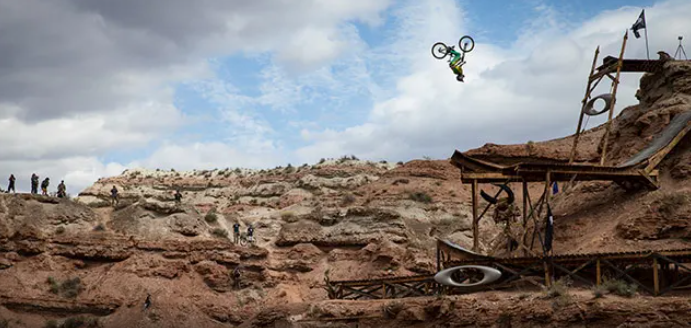I guess I am, given I've never made it my business to worry about how others are operating their businesses.Are you okay sharing sponsors with people that admittedly haven’t bought film permits for years and are raking in a bunch of money from sponsors from there content? Why not bring that up to them? I get that the permit system wasn’t great or perfect but people just openly disobeying it because they don’t like or believe in it is a crummy way to do business.
To your question of "Why not bring it up to them?"
First, I'm not out asking everyone whether they do or don't get film permits. I don't find it my job to enforce film permit rules. I don't call police when someone passes me when I am doing the speed limit. I don't call the county when I see a person adding on to their house and likely doesn't have a construction permit. If agencies want to promulgate complicated rules and then not enforce those consistently, that is their decision, not my problem. I will follow them, but I'm not inclined to be their deputy.






